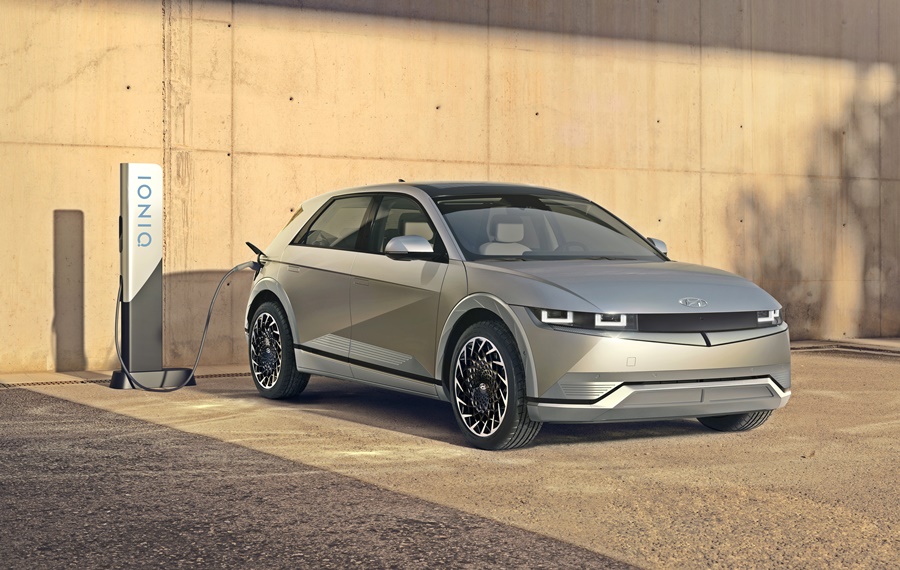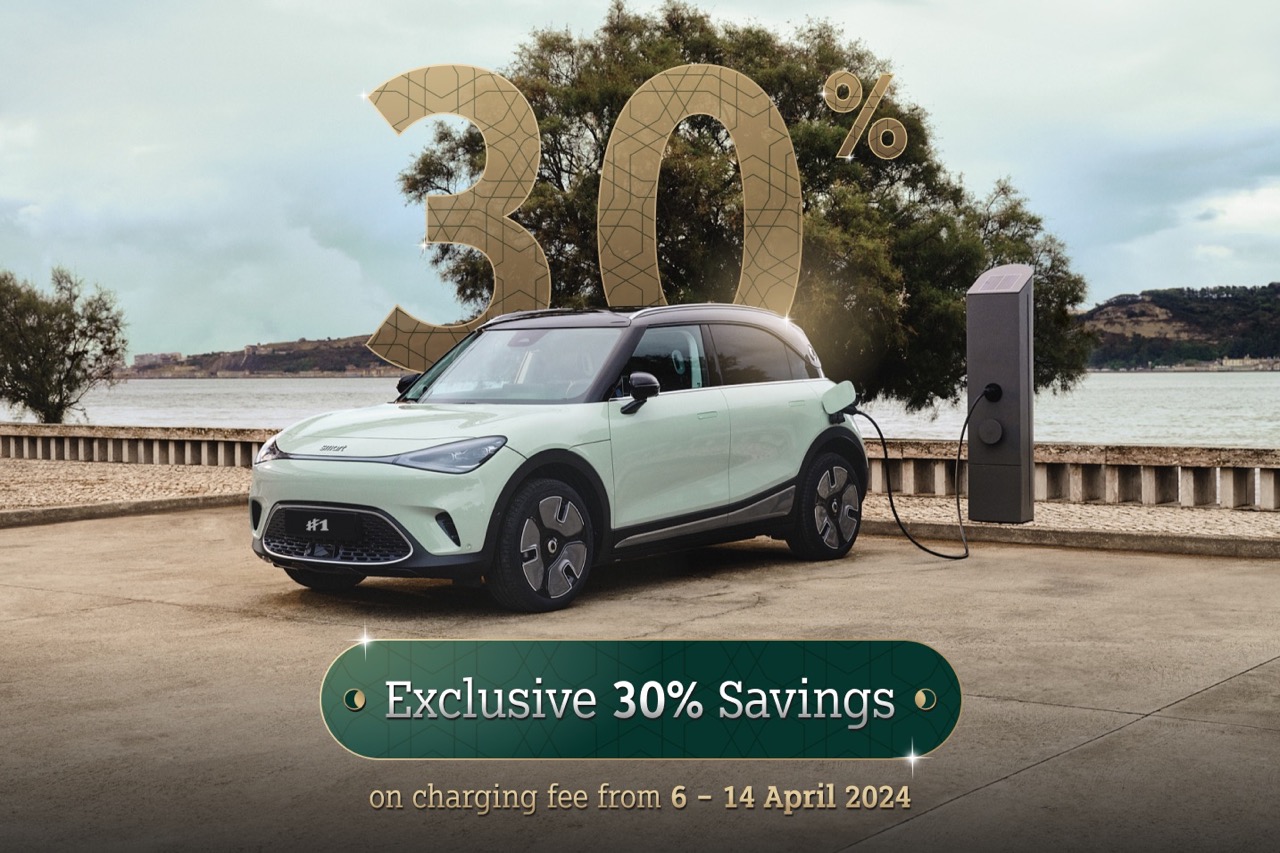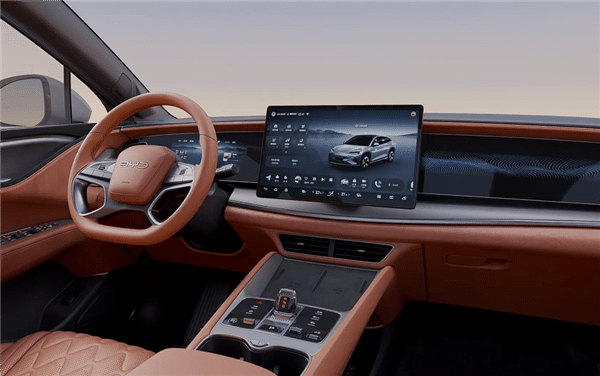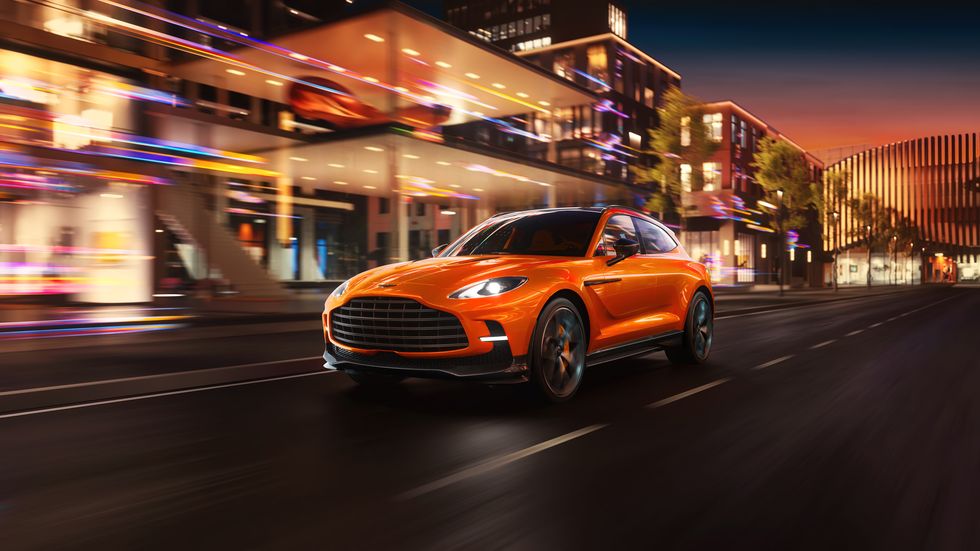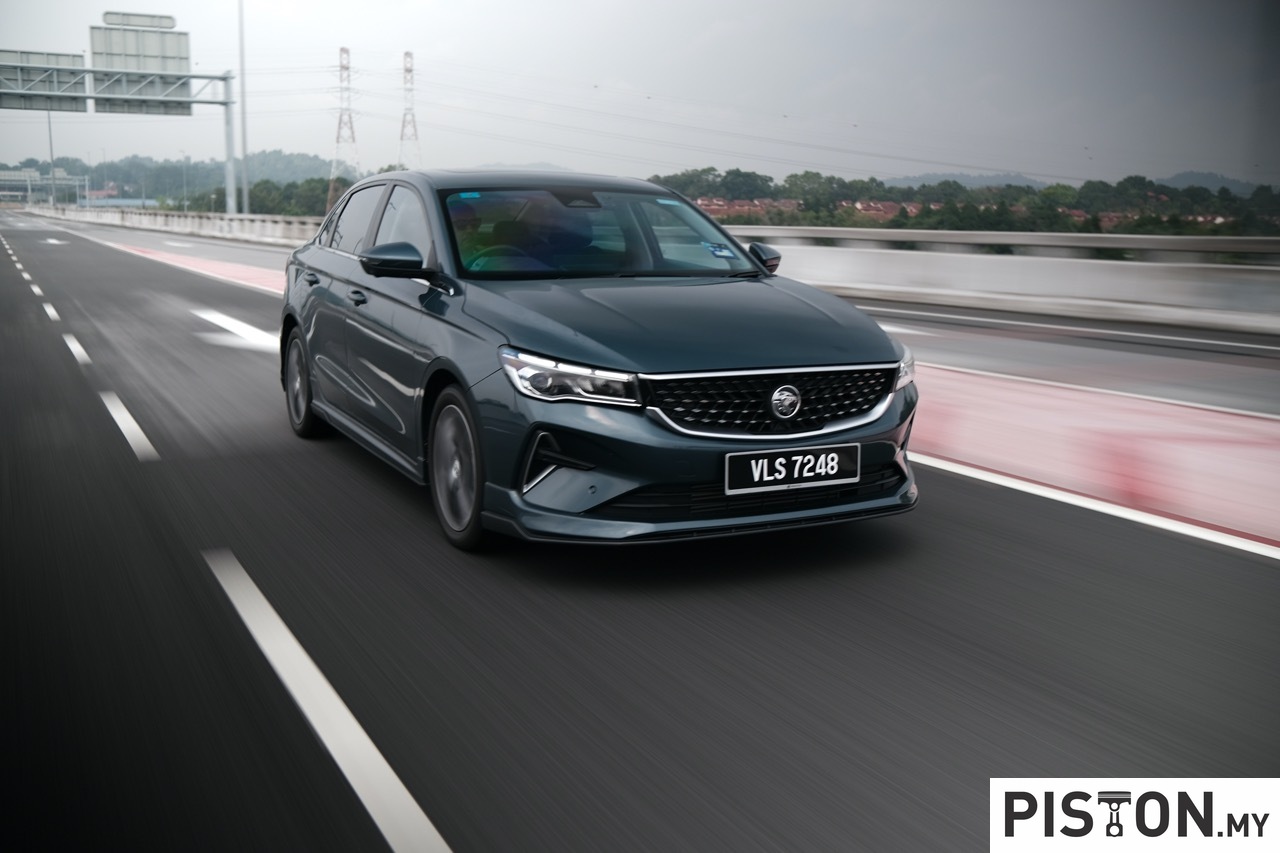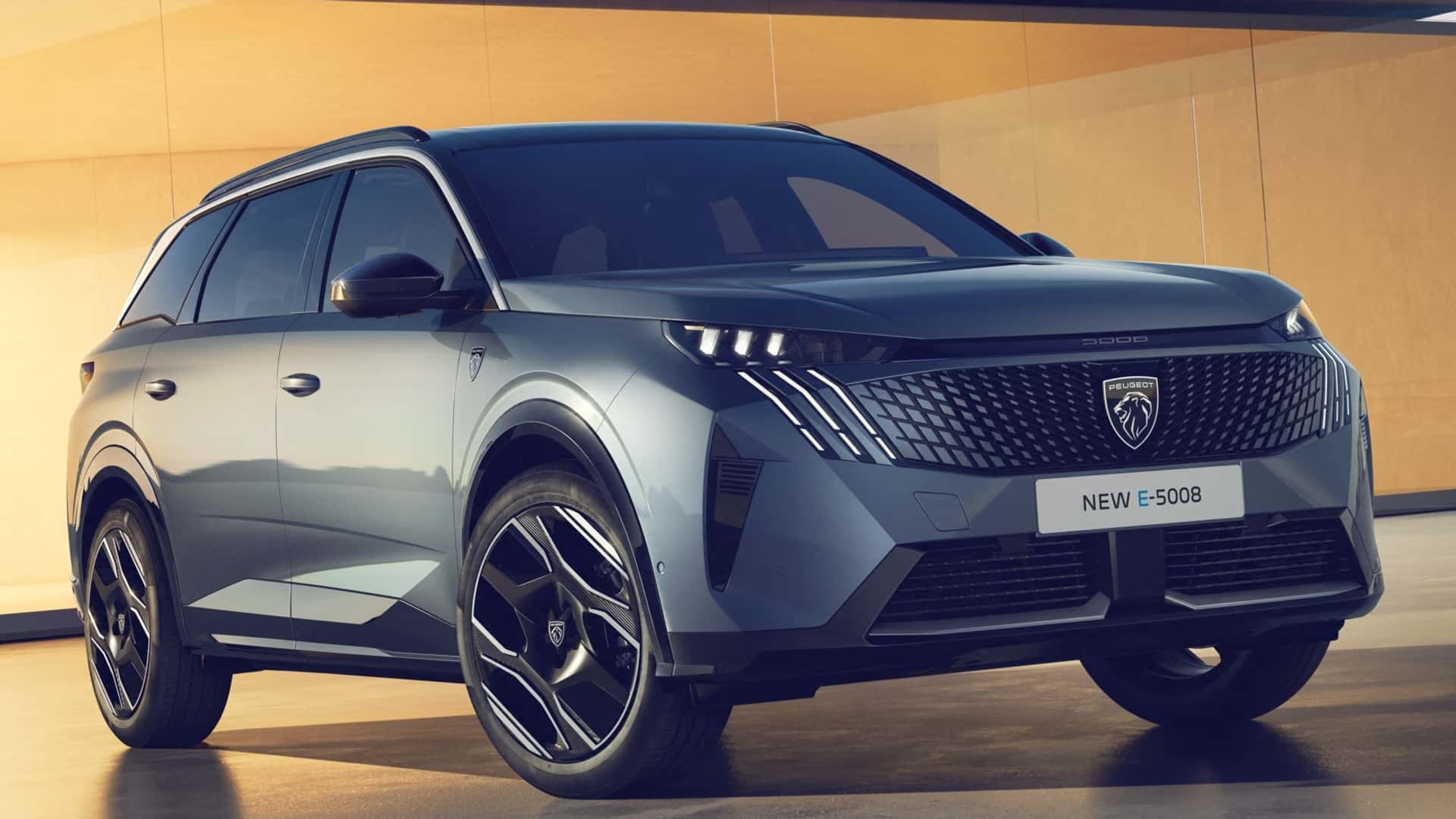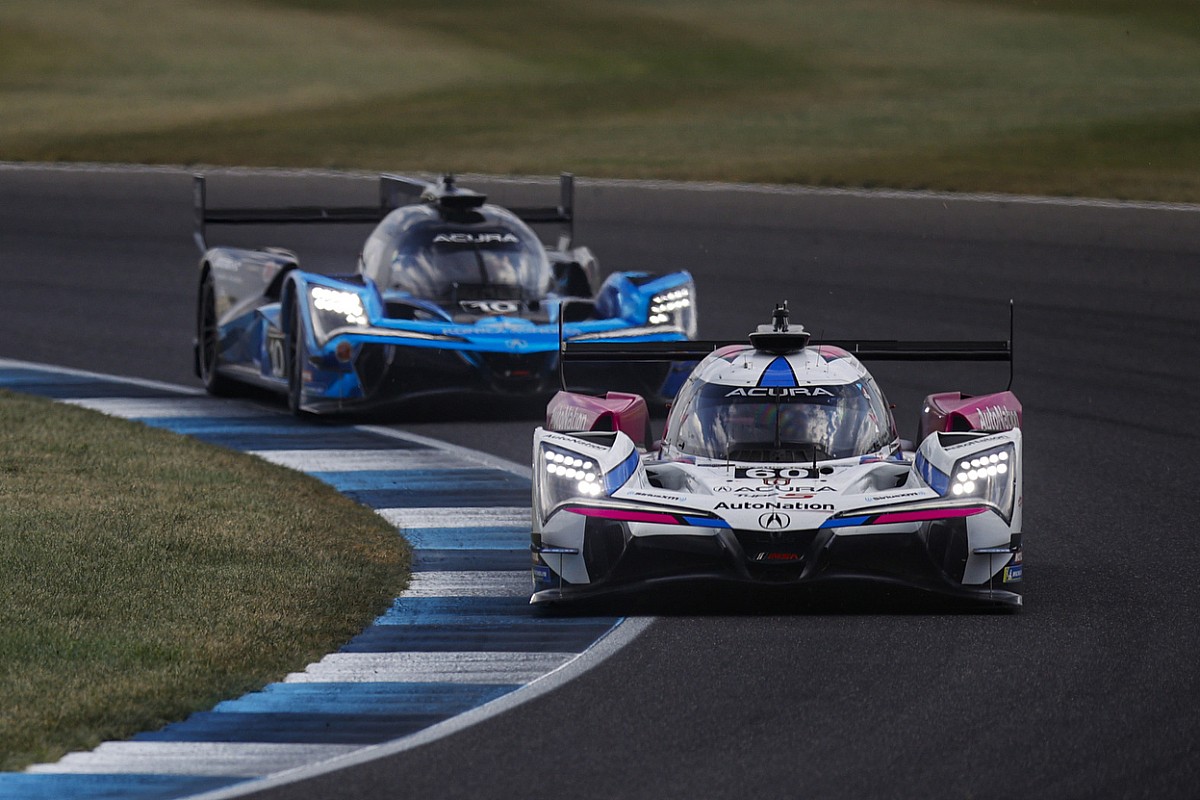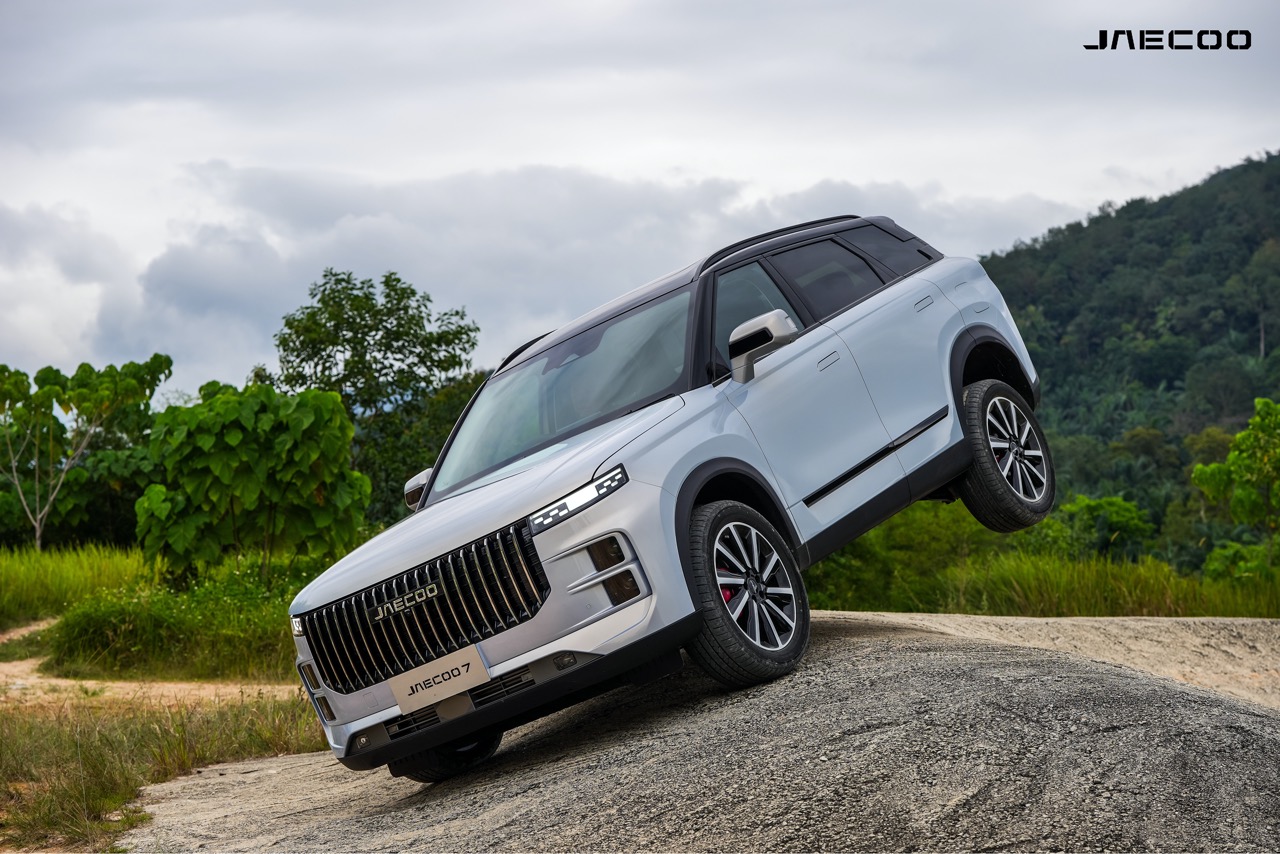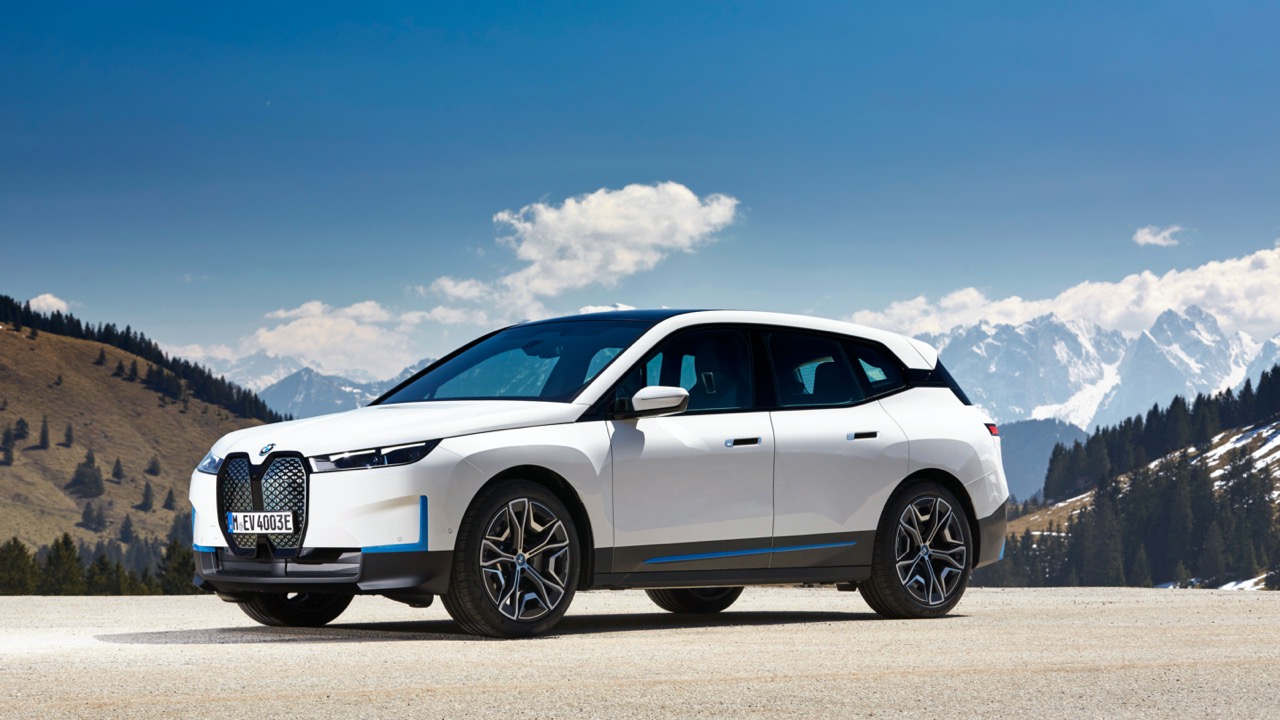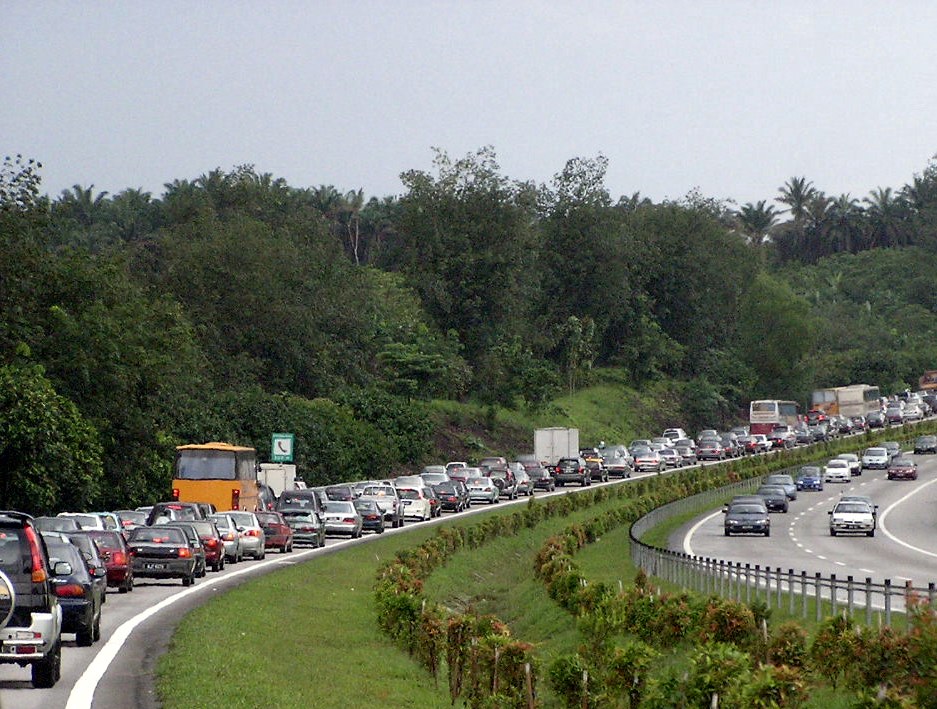According to reports coming out of the United States, a recently filed nationwide class-action lawsuit centres on how quickly Hyundai Group electric vehicles can truly charge when plugged in at home and a tendency to overheat. Plaintiffs contend that a flaw in the plug port causes it to overheat when the car is charging at level 2, significantly delaying the rate at which energy is recovered.
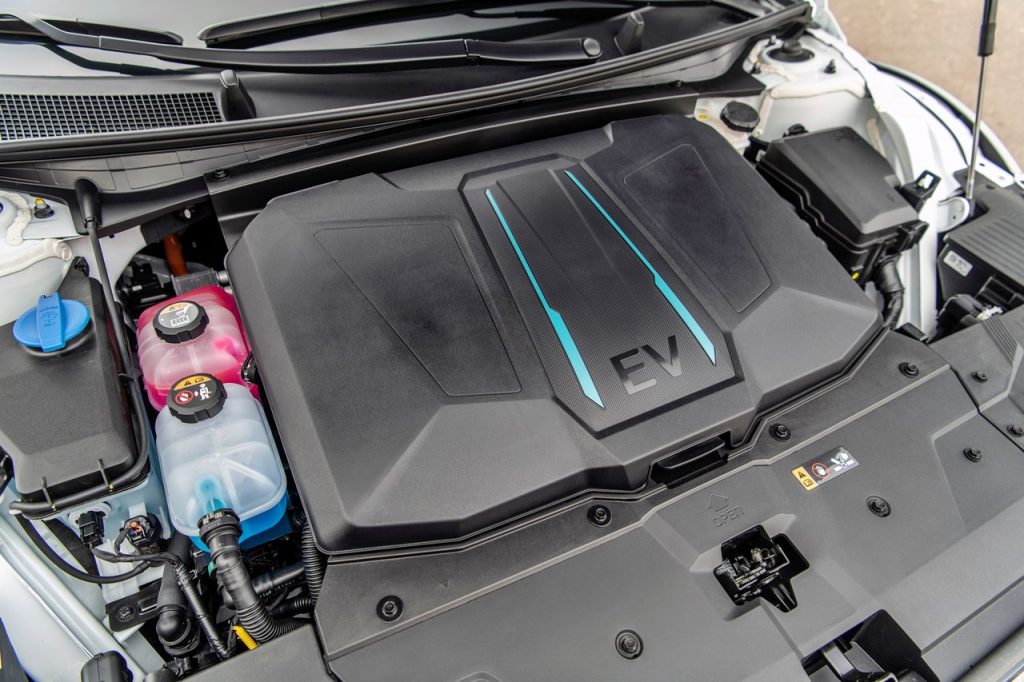
Owner complaints, recordings illustrating the alleged flaw, and the Hyundai Group’s own efforts to fix the issue are all included in the lawsuit as supporting evidence of a problem for which owners are entitled to be compensated in the Central District of California United States District Court.
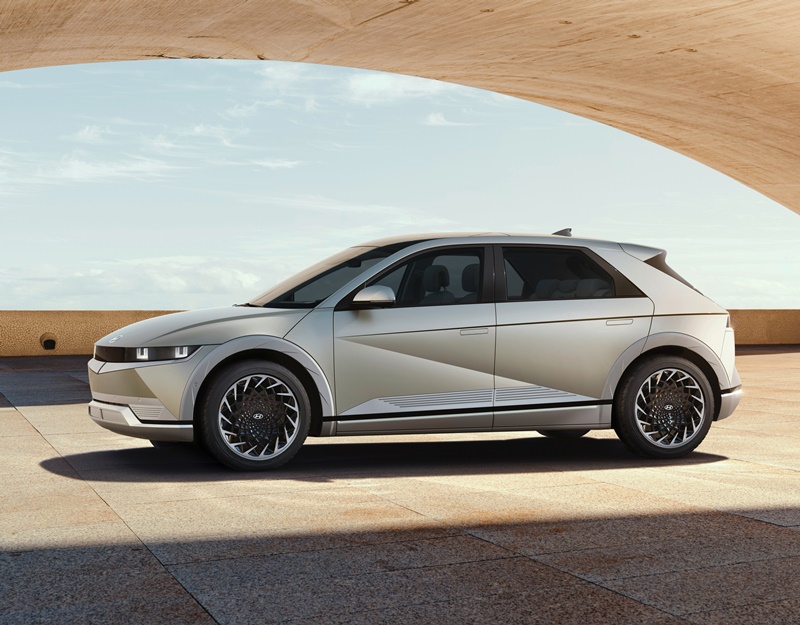
While Hyundai claims a Level 2 home-charging duration of five to seven hours, customers have reported far slower rates. The plaintiffs claim that this is due to overheating in the plug, which delays or prevents charging.
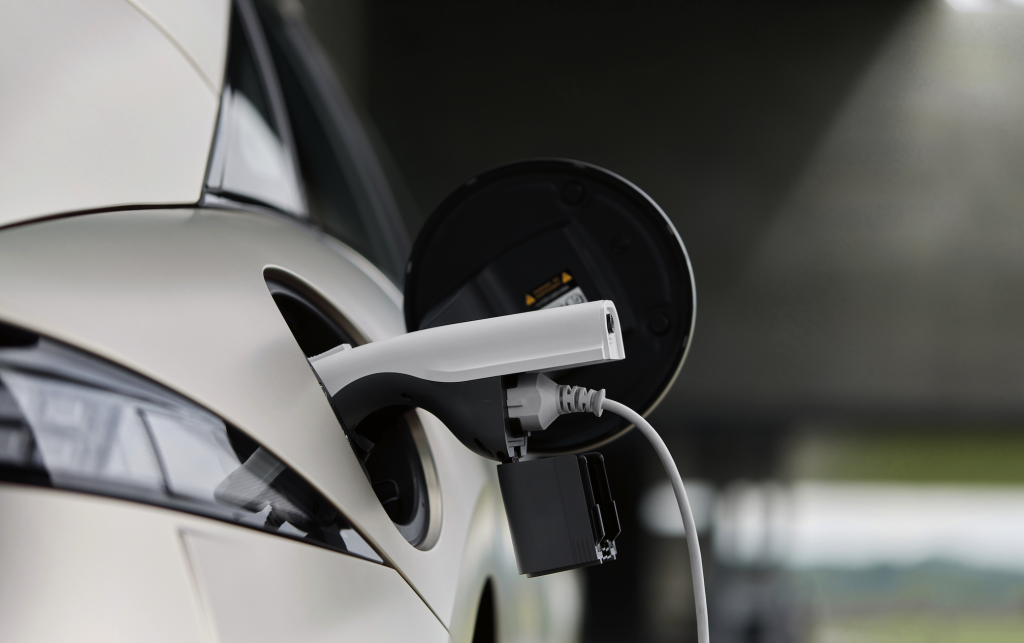
When this happens, the charging rate drops substantially to 28 amps, much below its 48-amp capabilities, or even stops entirely. When it cools off, it will resume charging at its usual rate. So imagine if you were running late for work or there is an emergency and your car is not charged.
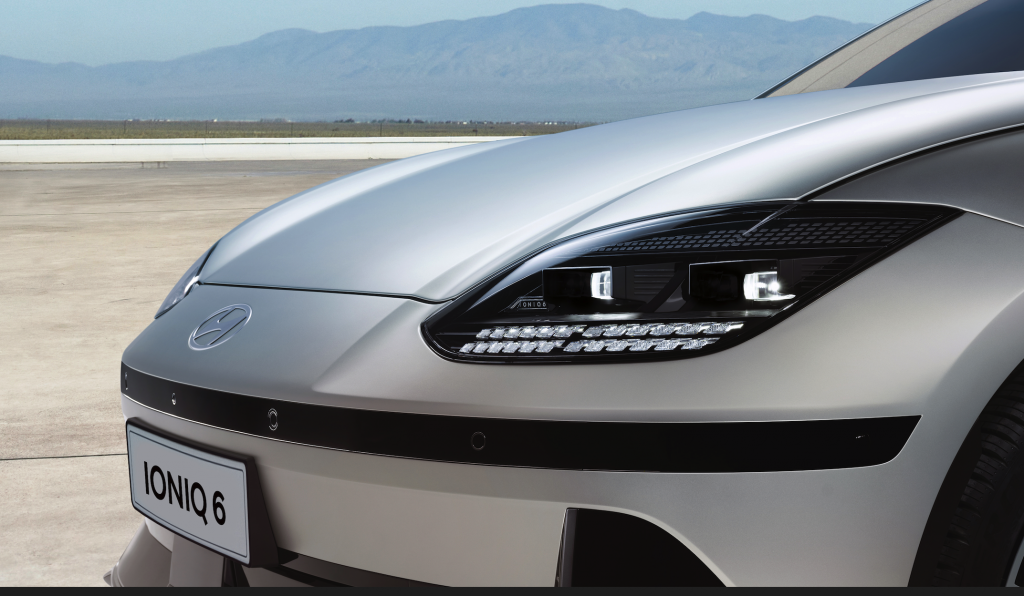
The class of plaintiffs represented by Hagans Berman Sobol Shapiro LLP, says that in certain cases, the charging connector can overheat in as little as 30 minutes, leaving owners with limited range to go about their regular driving.
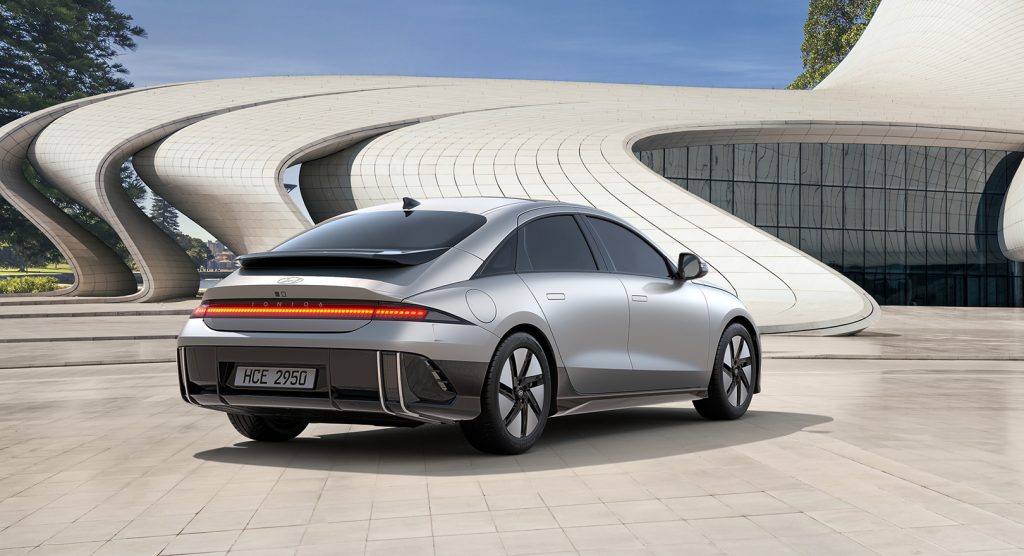
The National Highway Traffic Safety Administration’s website contains a number of owner complaints about this issue. Earlier this month, one owner noticed that their car app showed a “charging failure” every two to three minutes, but did eventually come to a full charge.
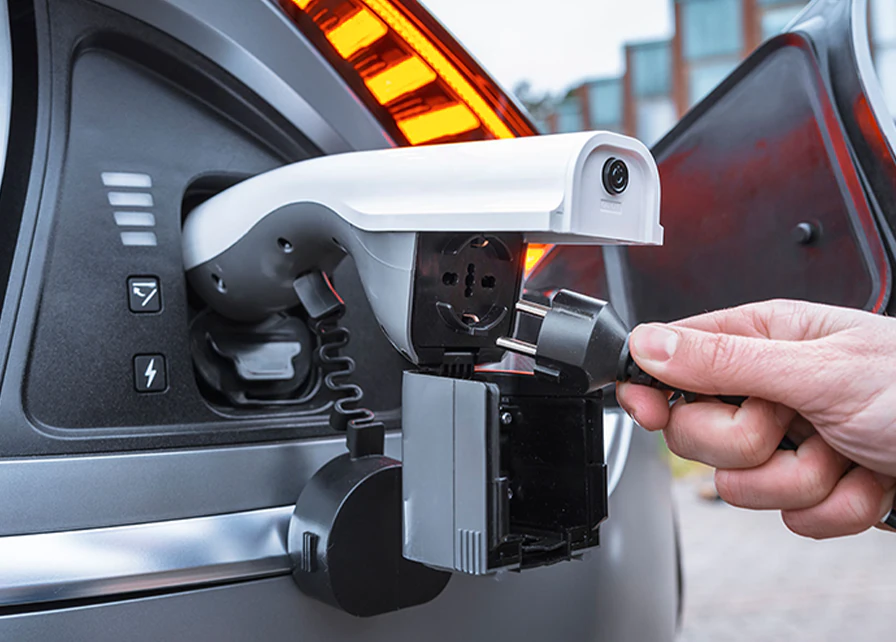
Hyundai released a software upgrade in March that was expected to resolve the problem. According to the complaint, instead of correcting the problem, the update just limits the car’s charge rate to 23 amps if it detects overheating. This is lower than its 28-amp charge rate when it overheats and owners are left with recharge times of 10 hours or more.
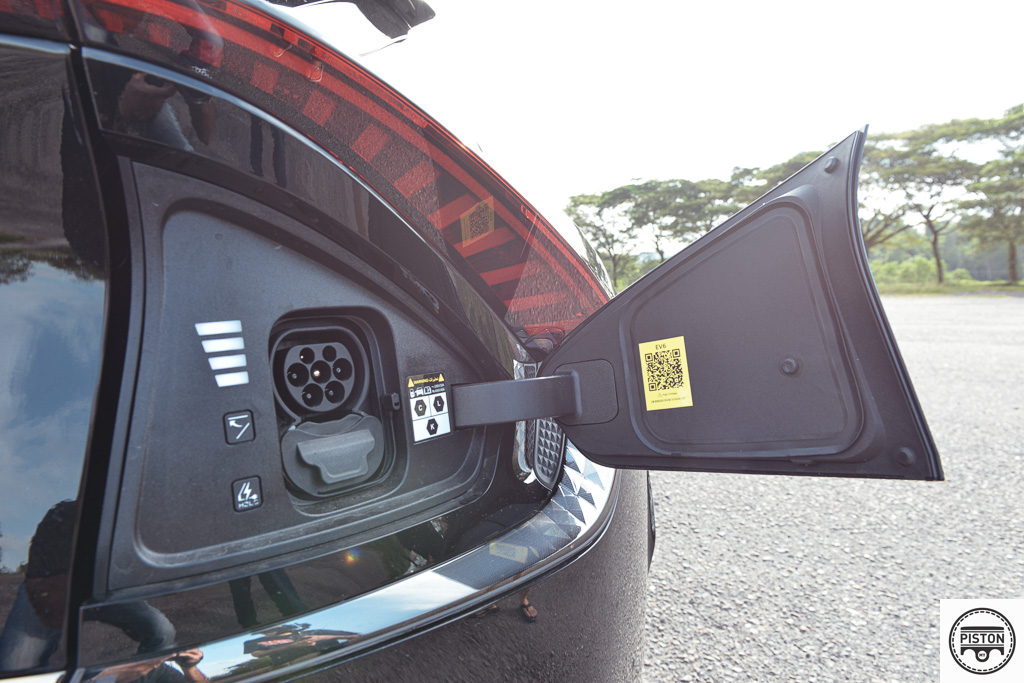
Hyundai, Kia, and Genesis not only continue to sell vehicles that are obviously incapable of working as described, but they also released a software patch that significantly increases charging rates and widens the gap between what they promised and what they delivered.
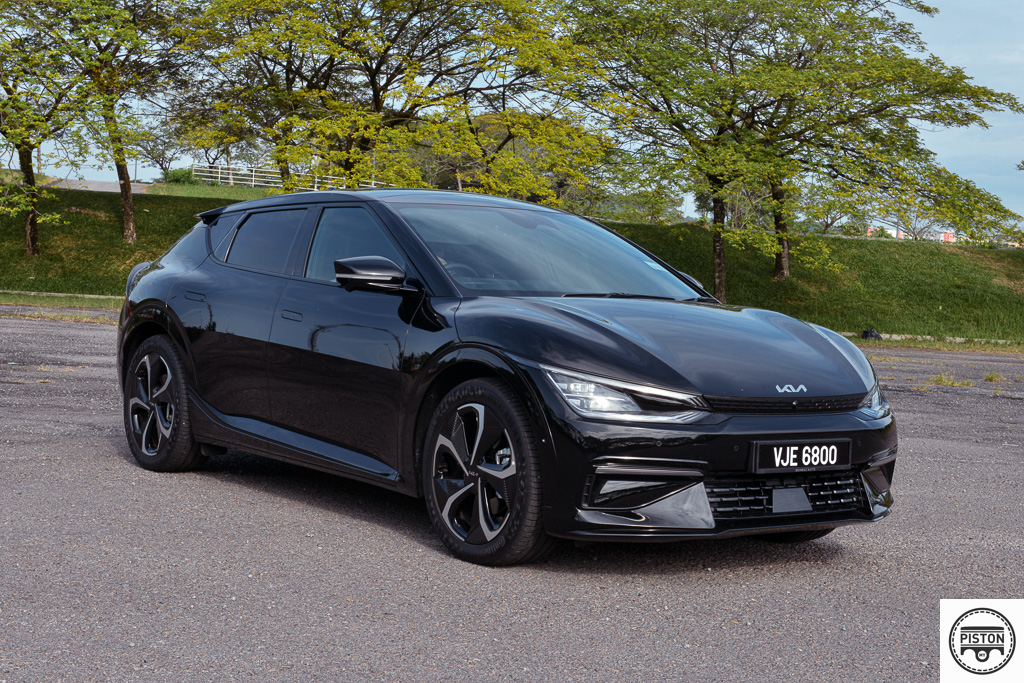
The Hyundai Ioniq 5, Ioniq 6, Genesis GV60, and Kia EV6 are among the automobiles named in this class-action case. According to Hagans Berman, it is initiating claims against the Hyundai Group for breaches of the Computer Fraud and Abuse Act, the California Computer Data Access and Fraud Act, and other state consumer protection statutes.
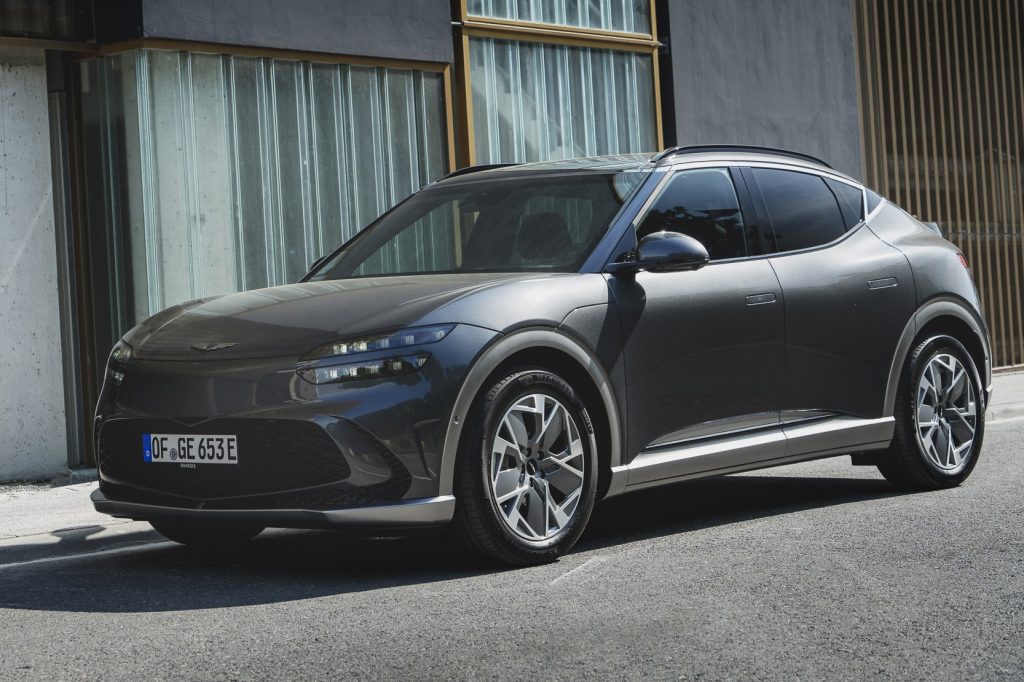
Prior to this, Hyundai informed the Advertising Standards Authority (ASA) in the UK, that internal factory testing established a time of 17 minutes and 16 seconds to charge the battery from 10% to 80% while utilising a 350 kW ultra-fast charger. However, to the ASA, that advert was misleading due to the actual availability of high-speed charging stations in the UK. This led the ASA to hand out its first EV advert ban.
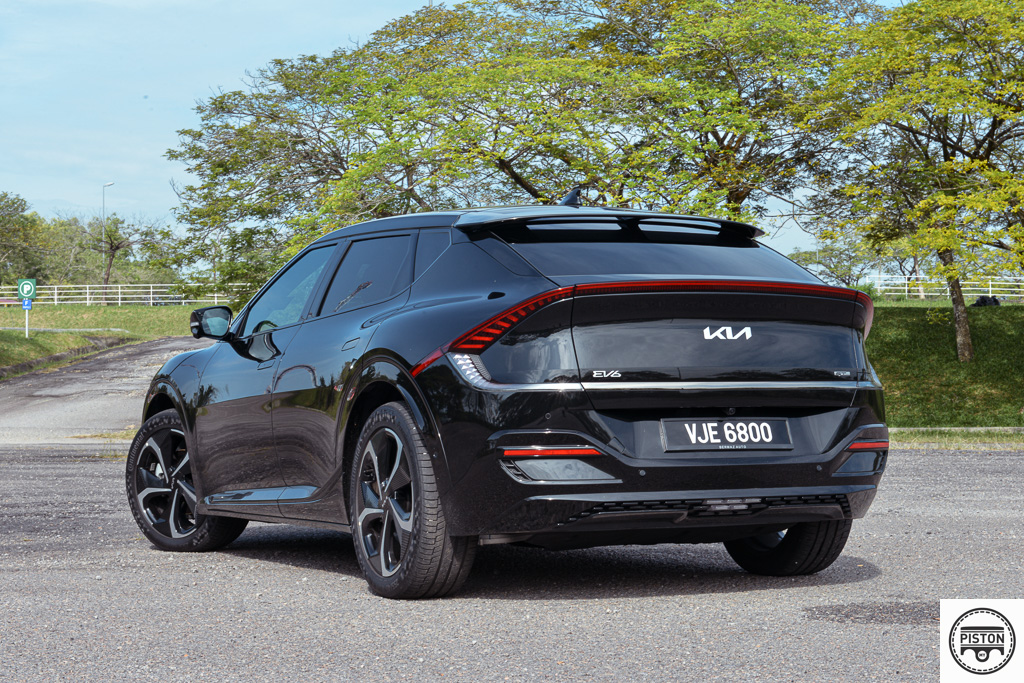
The Ioniq 5, 6 and Kia EV6 are all available here in Malaysia, but as of now, there have been no reports on said issue.


